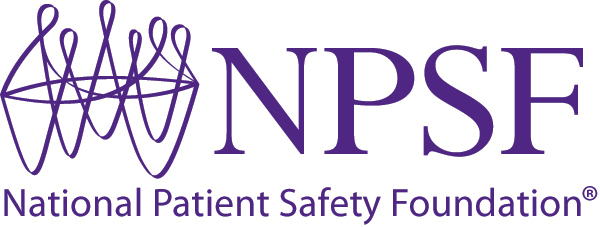
Prolapse Repair Surgery is a big step to take. It is major surgery, usually with a fairly long recovery period. Added to that is the relatively high rate of failure, which makes it all the more important for you and your surgeon to work as a team for the greatest possible chance of success.
However, it can be difficult to be a team if you do not have a clear method of communication. Often, information about how a procedure went, and what you need to do to look after yourself post-surgery, is given to you in the recovery room or in the days following the surgery while you may still be disoriented or overwhelmed.
The National Patient Safety Foundation in America has recognised this, and has created a tool to help you and your surgeon clearly record your discharge information. It is a PDF, and can be downloaded here: Post-Discharge Tool.
This excellent resource includes spaces for you and your surgeon to record:
- Follow up appointments, including a plan for what you need to bring and ask at each appointment
- A clear diagnosis
- A checklist of important steps during your recovery
- A medication list, including detailed information about doses, and the reason you need to take each medication
If your medical practice includes post-surgical care, distributing this resource to your patients may improve your surgical outcomes, and field fewer phone calls asking for clarification of your instructions.
Everyone involved in managing prolapse, both patients and health professionals, benefits from improved communication.


.jpg)





